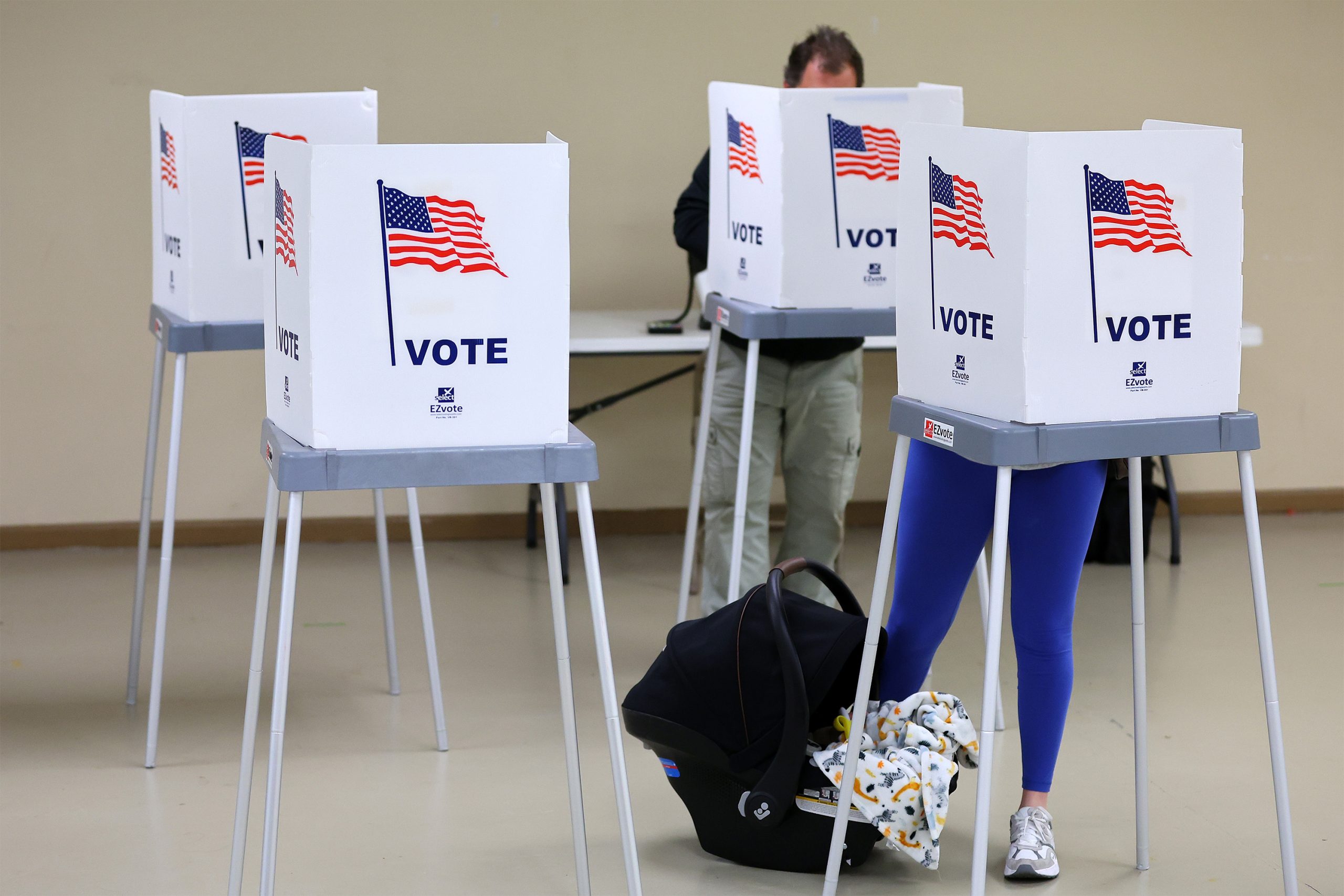An emerging class of anticancer drugs called EZH2 inhibitors may greatly enhance the potency of some cancer immunotherapies, according to a preclinical study led by Weill Cornell Medicine lymphoma researchers.
The inhibitors target the EZH2 enzyme, whose activity in tumor cells is now recognized as a significant factor in many cancers. The study, published Dec. 5 in Cancer Cell, found that EZH2 inhibition combined with T-cell based immunotherapy worked better at shrinking non-Hodgkin B-cell lymphomas than immunotherapy alone.
“These encouraging preclinical results have prompted us to initiate pilot studies of an EZH2 inhibitor with immunotherapies in lymphoma patients,” said senior author Dr. Wendy Béguelin, John P. Leonard, MD/Gwirtzman Family Research Scholar in Lymphoma and an assistant professor of pharmacology in medicine at Weill Cornell Medicine.
The first author of the study is Dr. Yusuke Isshiki, a postdoctoral fellow in the laboratories of Dr. Béguelin and Dr. Ari Melnick, the Laurel Gebroe Family Professor of Hematology/Oncology at Weill Cornell Medicine.
T-cell-based immunotherapies, including engineered anticancer T cells called CAR-T cells, have been effective at reducing or eliminating signs of cancer in some patients with lymphomas and other blood malignancies. In most cases, however, signs of cancer eventually return.
This study proposed that inhibiting EZH2 might help enhance the potency and durability of these immunotherapies. EZH2 is an enzyme that normally helps program cell behavior by controlling the expression of specific genes. Mutations in the EZH2 gene, which makes the enzyme more active, are now recognized as common features of lymphomas, and inhibiting this enzyme has been found to benefit lymphoma patients even when they have non-mutant EZH2.
In 2020, the United States Food and Drug Administration approved an EZH2 inhibitor called tazemetostat for use in patients with follicular lymphoma that has relapsed or not responded to standard treatments. A second EZH2 inhibitor, valemetostat, was approved in Japan in 2022 for the treatment of patients with relapsed or refractory adult T-cell leukemia/lymphoma.
Research by Dr. Béguelin and others has shown that EZH2 activity makes lymphoma cells less visible to the immune system, and generally helps create an immunosuppressive environment around lymphomas. EZH2 inhibition would reverse this immunosuppression, enhancing the activities of patients’ own anticancer T cells as well as T-cell immunotherapies.
Suitable preclinical animal models to test this hypothesis have not been available, so Dr. Béguelin and her colleagues started by developing a new mouse model for follicular lymphoma and a tumor line for the more common and aggressive diffuse large B-cell lymphoma. The researchers then detailed changes in these lymphomas during treatment with EZH2 inhibitors and/or two T-cell based immunotherapies — one a CAR-T cell therapy and the other a “bispecific antibody” therapy that binds lymphoma cells to the patients’ own T cells.
The results showed that EZH2 inhibition on its own enhanced the killing of lymphoma cells by T cells, and that pretreatment with an EZH2 inhibitor could greatly improve the effectiveness of T cell immunotherapies against these lymphomas. In one experiment, treatment with tazemetostat plus CAR-T cells enabled 100% of mice to survive for the 40-day study period and beyond, whereas most died within 11 days after the same dose of CAR-T treatment alone. Results for valemetostat plus CAR-T treatment were similar. EZH2 inhibition combined with bispecific antibody treatment also greatly boosted survival over bispecific antibody treatment alone.
The researchers found that EZH2 inhibition boosted these immunotherapies’ effects not just by making lymphoma cells more visible to them, but also by multiple other mechanisms, including reduction of immunosuppressive regulatory T-cells, and reprogramming of anticancer T cells in a way that makes their activity more durable.
In addition to their clinical trial-based work, the researchers are continuing to study how EZH2 inhibition boosts anticancer T cells, and this research could someday yield more precise therapeutic targets, said Dr. Béguelin, who is also a member of the Sandra and Edward Meyer Cancer Center at Weill Cornell Medicine.


